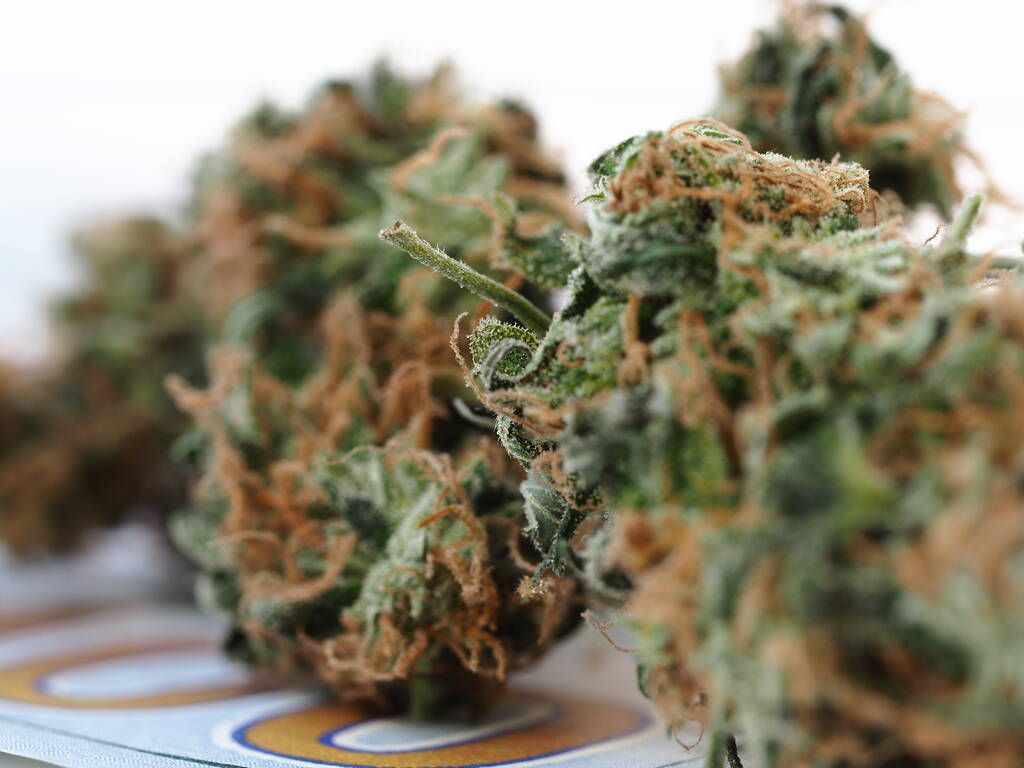A new report conducted by Whitney Economics (WE), a global leader in cannabis and hemp business consulting, data, and economic research, finds that cannabis operators remain optimistic despite averaging only 27.3% overall profitability.

The survey was conducted in June in order to compile data on the potential impact that cannabis rescheduling would have on small and minority-owned businesses, according to a press release. The initial findings were included in a Minority Cannabis Business Association submission to the Drug Enforcement Agency on the impacts that the current scheduling policy is having on cannabis operators, particularly those who are minority-owned or small businesses. The survey results indicated that while on average 33.7% white operators in cannabis profitably, only 17.5% of their non-white counterparts are profitable.
“The cannabis industry is under economic distress, primarily due to the confluence of heavy federal taxes, lack of access to financial services and heavy state and federal regulation,” WE founder and Chief Economist Beau Whitney said. “Although states have programs dedicated to social equity in cannabis, the fact that most regulators do not track data related to social equity’s impact makes it difficult for regulators to know what is working and what is not. State legislatures will need to support and fund regulators to collect this type of data”
According to the U.S. Chamber of Commerce, 65.3% of all small businesses in the U.S. are profitable, so the cannabis industry is well below national averages. Initiatives are being proposed federally to change federal scheduling or to provide cannabis operators with greater access to financial services.
Heavy taxation is one of the top issues facing cannabis businesses, with some businesses facing an effective tax rate of 52.5%, according to WE. The proposed rescheduling of cannabis would result in a lower tax burden and increase cash flows. In 2024, the cannabis industry is forecasted to pay an additional $2.3 billion in excess taxes as a direct result of the current scheduling policy. Without reform, this excess tax burden in expected to increase to $5.2 billion by 2030.
Whitney added, “The proposed scheduling change would be a stimulative monetary policy allowing operators a greater chance to achieve profitability and enable them to invest back into their communities.”
About Whitney Economics
Portland, Oregon based Whitney Economics is a global leader in cannabis and hemp business consulting, data, and economic research, supporting hemp and cannabis operators, investors and regulators. Whitney Economics does not take a position on the legalization of cannabis, nor does it take positions on proposed legislation. For more information, click here.




